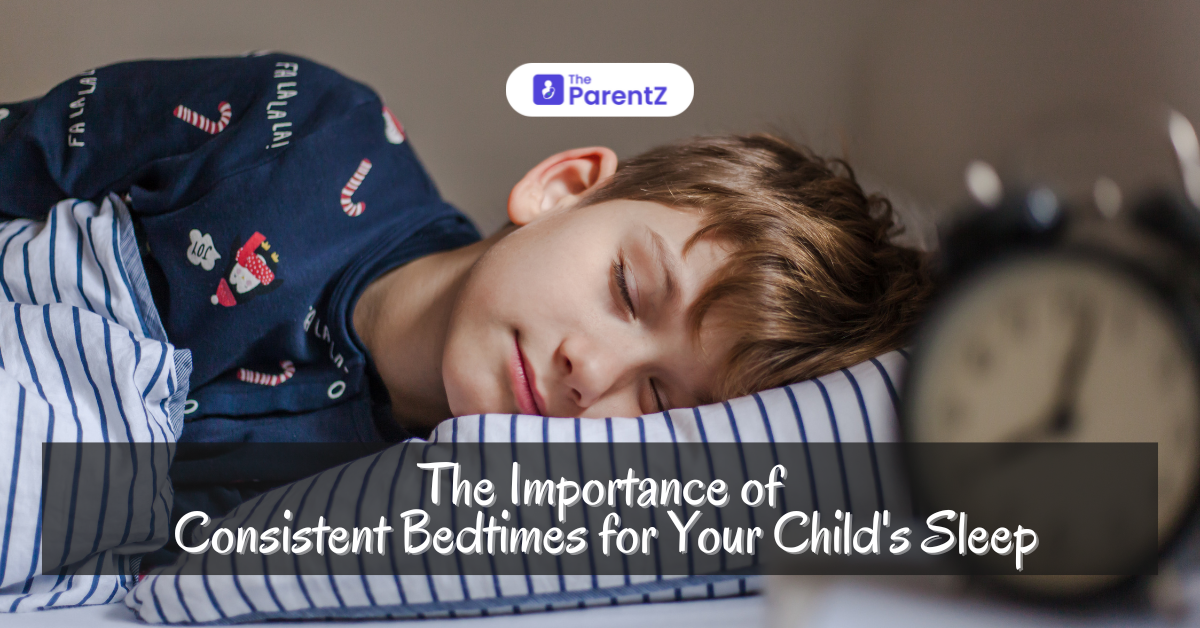You're juggling work, household chores, and the demands of parenthood. We understand. Every day is a whirlwind, and finding a consistent bedtime for your child can feel like an impossible task. It's easy to feel overwhelmed, and we assure you that you're not alone. Many parents struggle with this. But, believe it or not, establishing a consistent bedtime routine is crucial for your child's well-being. Let's delve into why.
The Medical Necessity of Consistent Bedtimes
From a medical perspective, consistent bedtimes are crucial for regulating a child's circadian rhythm, which is the internal clock that governs sleep-wake cycles. Research indicates that irregular sleep patterns can lead to various health issues, including obesity, anxiety, and behavioral problems.
A study published in AAP Publications found that children without a consistent bedtime were more likely to show behavioral issues such as fighting and being inconsiderate to others.
Psychological Impacts of Irregular Bedtimes
The psychological ramifications of inconsistent bedtimes extend beyond immediate behavior. Children who do not have a set bedtime may struggle with emotional regulation, leading to increased anxiety and mood swings. A structured bedtime routine can help children feel more secure and less anxious about the transition to sleep.
Additionally, bedtime routines provide valuable bonding time between parents and children. Calming exercises such as reading or talking about the day can strengthen the parent-child relationship and foster emotional well-being. This connection is vital for a child's development, promoting trust and emotional security.
Why Consistent Bedtimes Matter
A consistent bedtime is more than just a routine; it's a cornerstone of your child's health and development.
Physical Health
- Stronger Immune System: Sufficient sleep is essential for building a robust immune system. Children who sleep well are less likely to catch colds and other illnesses.
- Growth and Development: Sleep is when the body repairs and grows. Consistent sleep patterns contribute to optimal physical development.
Mental and Emotional Well-being
- Improved Mood: A well-rested child is generally happier and more cooperative. Consistent sleep helps regulate mood and reduces irritability.
- Better Focus and Attention: Sleep is crucial for cognitive function. Children who get enough sleep can focus better in school and learn more effectively.
- Emotional Regulation: Consistent sleep patterns help children develop better emotional control and resilience.
Behavior and Development
- Reduced Behavioral Issues: Children who are sleep-deprived are more likely to exhibit behavioral problems like tantrums, aggression, and difficulty following rules.
- Improved Academic Performance: As mentioned, sleep is essential for cognitive function. Consistent sleep patterns contribute to better academic performance.
- Healthy Habits: Establishing a consistent bedtime routine early on helps to develop healthy sleep habits that will benefit your child throughout their life.
Understanding Your Child's Sleep Needs
Every child is different, but there are some general guidelines for child sleep:
- Newborns (0-3 months): Sleep around 16-18 hours a day in short naps.
- Infants (3-12 months): Sleep around 14-15 hours a day, including naps.
- Toddlers (1-3 years): Sleep around 12-14 hours a day, including naps.
- Preschoolers (3-5 years): Sleep around 11-13 hours a day.
Remember, these are just averages. It's essential to observe your child and adjust their sleep schedule accordingly.
Conclusion
We know it's challenging, but remember, small steps can make a big difference. Start with an easy routine and gradually build on it. Be patient with yourself and your child.
Creating a consistent bedtime routine might seem like a daunting task, but the benefits for your child are immense. By prioritizing sleep, you invest in their health, happiness, and future success. You're not alone in this journey. Many parents face similar challenges. You can establish a bedtime routine that works for your family with patience, persistence, and a little planning.








Be the first one to comment on this story.